3 Nights / 4 Days
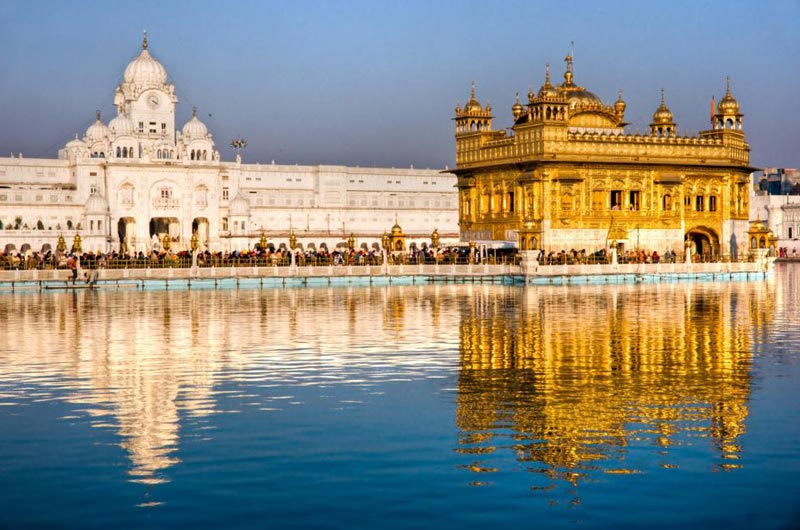
Golden Temple:3-4 hrs
The Golden Temple, located in the city of Amritsar in the state of Punjab,is a place of great beauty and sublime peacefulness. Originally a small lake in the midst of a quiet forest, the site has been a meditation retreat for wandering mendicants and sages since deep antiquity. The Buddha is known to have spent time at this place in contemplation. Two thousand years after Buddha's time, another philosopher-saint came to live and meditate by the peaceful lake. This was Guru Nanak (1469-1539), the founder of the Sikh religion. After the passing away of Guru Nanak, his disciples continued to frequent the site; over the centuries it became the primary sacred shrine of the Sikhs. The lake was enlarged and structurally contained during the leadership of the fourth Sikh Guru (Ram Dass, 1574-1581), and during the leadership of the fifth Guru (Arjan, 1581-1606), the Hari Mandir, or Temple of God was built. From the early 1600s to the mid 1700s the sixth through tenth Sikh Gurus were constantly involved in defending both their religion and their temple against Muslim armies. On numerous occasions the temple was destroyed by the Muslims, and each time was rebuilt more beautifully by the Sikhs. From 1767 onwards, the Sikhs became strong enough militarily to repulse invaders. Peace returned to the Hari Mandir.
Jallianwala Bagh-30-45 minutes
The 1919 Amritsar massacre, known alternatively as the Jallianwala Bagh massacre after the Jallianwala Bagh (Garden) in the northern Indian city of Amritsar, was ordered by General R.E.H. Dyer. On Sunday April 13, 1919, which happened to be 'Baisakhi', one of Punjab's largest religious festivals, fifty British Indian Army soldiers, commanded by Brigadier-General Reginald Dyer, began shooting at an unarmed gathering of men, women, and children without warning. Dyer marched his fifty riflemen to a raised bank and ordered them to kneel and fire. Dyer ordered soldiers to reload their rifles several times and they were ordered to shoot to kill. Official British Raj sources estimated the fatalities at 379, and with 1,100 wounded. Civil Surgeon Dr Williams DeeMeddy indicated that there were 1,526 casualties. However, the casualty number quoted by the Indian National Congress was more than 1,500, with roughly 1,000 killed.
On April 13, the holiday of Baisakhi, thousands of Hindus, Sikhs and Muslims gathered in the Jallianwala Bagh (garden) near the Harmandir Sahib in Amritsar. Baisakhi is a Sikh festival, commemorating the day that Guru Gobind Singh founded the Khalsa Panth in 1699, and also known as the 'Birth of Khalsa.' During this time people celebrate by congregating in religious and community fairs, and there may have been a large number who were unaware of the political meeting.
Partition Museum (based on 47 Partition) its take time -1hour
Maharaja Ranjit Singh Panorma - 1-2 hrs
Maharaja Ranjit Singh, more popularly known as ‘the Lion of Punjab’ was not only a great son of Punjab but was also among the few leading figures of the history of that period. The deeds of Maharaja Ranjit Singh will remain as permanent marks in the annals of sikh history.
Gobindgarh Fort-2-3 hrs (In Winter- after 6 o'clock/ In Summer-after 8pm)
The foundation for the Gobindgarh fort was set during the mid 18th century by the Bhangi misl community’s leader. The fort was initially a symbolic representation of Punjab in such a way that anybody who conquered the fort was believed to have conquered the state of Punjab itself. This structure is mostly made from brick and lime. It was earlier known as Bhangian Da Kila, it was later renamed as Gobindgarh after the tenth and last Sikh guru, Guru Gobind Singh. Sometime during the 19th century, this fort came under the control of Maharaja Ranjit Singh and he added valour and elegance to the already mighty building. A moat and numerous bastions were constructed around the fort and the Raja’s priceless treasures, including the famous Kohinoor diamond was kept safely protected within the huge walls of the fort.
Zamzama was traditional and famous cannon that Maharaja Ranjit Singh was eying for a long time. This was originally housed in Lahore under the custody of Ahmad Shah Abdali, however the Bhangi misl people stole it from here and brought it to Gobindgarh Fort. However, when Maharaja Ranjit Singh captured Amritsar, the cannon were taken back to Lahore, where it still stands as a strong sentinel just at the entrance of Lahore Museum.
Durgiana Mandir-1-2 hr
The temple that looks very similar to the Golden Temple in its architectural looks is the Durgiana Temple in Amritsar that is dedicated to Goddess Durga. This temple was built in the 16th century and the other name given to the temple is the Lakhsmi Narayan Temple.
The temple was inaugurated by Pandit Madan Mohan Malviya who was a known name in the Indian Politics. The temple also has a holy water tank, numerous arenas and dome located in the center and each of the interior in the temple has a unique story linked to its existence.
The temple is located on the outskirts of Lohagarh Gate and the architecture of the temple reminds one of the architecture that is same to Golden temple in Amritsar. The temple is visited by the people of all religions and the temple has an attracting holy water tank in the boundaries of the temple.
The figures of Goddess Lakshmi, Lord Narayana and Lord Ganesha are also worshiped in the temple. The figures in the temple are very eye-catching since they are very pious and look even more vibrant in the divine environment of the temple.
Sadda Pind (Village theme resort)-3-4 hrs
At Sadda Pind, you can experience the old world charm of Punjab through cultural performances, folk dances, local handicrafts, songs, stories and of course, cuisine.
Sadda Pind is a fantastic place to connect with the Punjabi roots and experience live punjabi culture around it. It recreates a Punjabi village in the true sense. As a guest, you can see, participate and interact with people from village and their culture.
Sadda Pind has everything to keep you busy and entertained for an entire day. It offers day packages and also stay packages.
You can learn a traditional art or create a masterpiece of your own. Phulkari, Punjabi jutti, clay toys and utensils, ironwork, durries, agricultural implements are some of the traditional arts showcased here.
Punjab can never be complete without its music and dances. At Sadda Pind, treat your senses to the vibrance and beats of traditional Punjabi folk dances like bhangra, gidha, jhumar and kikli.
Ram Tirath Mandir ( Lav Kuch Birth Place)-1-2 hrs
The place has its history linked to the period of Ramayana, that is believed to be the home of Maharishi Balmiki and it is also famous as Ram Tirth in the city of Amritsar. This place is located at a distance of 11 km from Amritsar. The glorious past of this place is that it is the birth place Luv and Kush, sons of Lord Rama and Devi Sita.
The place is considered to be sacred since it has been during the ancient time house of saint Balmiki. The known scripts of Ramayana have been believed to be written on the ashram located here. The remains of the hut of Saint Balmiki can still be located at this place in Ram Tirth.
Devi Sita after delivering Luv and Kush stayed at this place for a long period of time. There is a well that was plowed by Hanuman so that Devi Sita can bathe can still be seen at this place and hence it gives that the confirmation that Devi Sita stayed at this place.
The devotees of Lord Rama and Devi Sita still worship this place to pray their entreaties to the deities. This place is easy to reach since it is located at an easily accessible location.
War Memorial museum-1-2 hrs
The Punjab State War Heroes' Memorial and Museum is located on a plot of about three hectares abutting Amritsar - Attari Road on the outskirts of the holy city of Amritsar. Its location on the National Highway-1, and that too only 18 kms away from Indo-Pak International border makes it a prominent landmark and source of attraction for the tourists who visit a daily event of interesting beating-retreat ceremony at the Wagah Border.
The memorial-museum is aimed at to showcase the splendid gallantry deeds of the brave hearts of Punjab. It is planned to immortalize the deeds of brave soldiers and to inspire and infuse the spirit of patriotism in the youth.
Wagha Border- After 2 o'clock half day
Wagah Border, also referred to as the Berlin Wall of Asia, is the only road border crossing between Pakistan and India which lies on the Grand Trunk Road flanked by the cities of Amritsar, Punjab in India and Lahore, Punjab in Pakistan. This only crossing point between Pakistan and India is regularly open to foreigners. The border gates have a visitor gallery on each side, on the whole concrete steps created around the border main road. This allows most people in the crowd to get a seat but it is not exceptional to see up to 500-1000 people standing at the outside edge. There are metal barriers to help direct and be in command of the crowds in and out of the seating areas. At the doorway of this outpost, there is a sightseeing gate with a dedication ‘Swarna Jayanti’. There are electrified barriers with 66,000 volts of electric current. Wagah border tour offers you to see all these attractions along with “Beating the Retreat” ceremonial carried out by the soldiers in evening.
Harike Pattan ( Bird Sanctuary)- 30 mints
Harike (or Hari ke Pattan), noted for being the village in Tarn Taran District in Punjab, Northern India where Guru Angad Dev Ji the second Sikh Guru was born (March 31, 1504) is about 40 km from Moga by road; the nearest railhead is Amritsar (60 km)). Sri Hari Ke Pattan Gurdwara Nanaksar (video at YouTube [1]) with its beautiful colorful gardens is located on the banks of the wetland at Harike Lake.
The nearby Harike Barrage, located downstream from the confluence of the Beas and Sutlej rivers, channels water into the Indira Gandhi Canal, which runs for about 400 miles (640 km) to the southwest. The barrage was constructed to meet the irrigation and drinking needs of southern parts of Punjab and the adjoining state of Rajasthan.
The resulting Harike Wetland, including Harike Lake in its deeper part, is the largest wetland in northern India in the Amritsar district of Punjab state, in India. The wetland has long been considered to be one of India’s six ‘lungs’, when new the wetland covered more than 41 sq. km. For 30 long years it remained, thankfully, undisturbed. Over the years it grew into a blissful 'summerhouse' for migratory birds from far-off places such as Siberia and Eastern Europe. Besides the birds, Harike became the home for rare Indian species like the test dine turtle and the smooth otter. Both are listed in the International Union for Conservation of Nature red list of threatened animals. The wetland was known for its large population of avifauna like the diving ducks, scup ducks, falcate teals and the white-headed stiff-tailed ducks. Those undisturbed 30 years allowed Harike to emerge as an ideal habitat for waterfowl.
Wetlands are extremely essential not only for hydrological and ecological processes but also because they support rich fauna and flora. Having a particular Wetland recognized for its importace, at the international level, is done after considering the ecological, botanical, zoological and hydrological criteria, hence, when Harike’s selected n in this category, it should have generated a spontaneous and duty-bound response from the bureaucrats who were heading the related departments from 1982 onwards.
Even if one excluded the insurgency period, the role of bureaucrats posted in the Forest and Wild Life Preservation department from 1991 was dismal. At least 12 senior IAS officers headed this department from 1991 to 2000, but not one of them took any note of the fact that Harike had been declared an internationally important bird sanctuary. The end result of such neglect has led to the terrible devastation of Harike’s fauna and flora. The dwindling wetland has the following picture to offer:
Punjab, Famously Referred as the Land of Five Rivers, is Situated in the North Western Part of India. this State of Fertile Land is Gaining Impotence Owing to Its Tourism Aspect. the Scenic Landscape, Rich Cultural History, Religious Sites are the Most Important Factors that is Why We See Thousands of Tourists Visit Punjab (india) Every Year. And, We Work to Offer Convenient Travel Services and Solutions to Clients So that Can Enjoy Their Journeys to the Fullest. When You Choose to Travel with Us, from the Time of Trip Booking to the Time You Return to Your Homeland, We Take Care of Everything Read More...

 3D/2N
3D/2N
 5D/4N
5D/4N
 5D/4N
5D/4N
 8D/7N
8D/7N
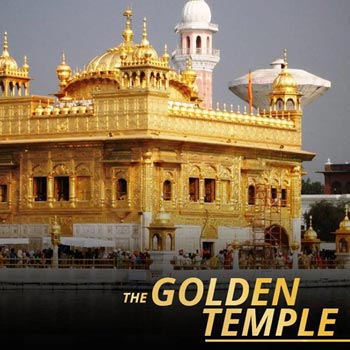 14D/13N
14D/13N
 5D/4N
5D/4N
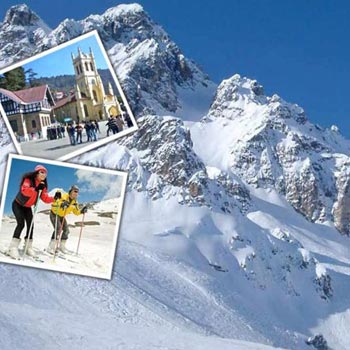 3D/2N
3D/2N
 2D/1N
2D/1N
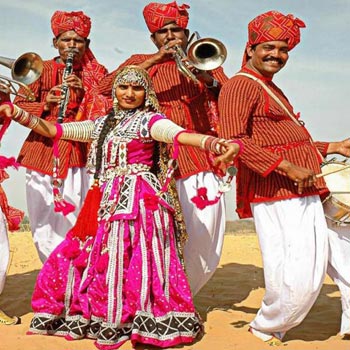 6D/5N
6D/5N
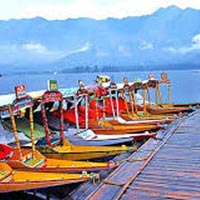 4D/3N
4D/3N
 4D/3N
4D/3N
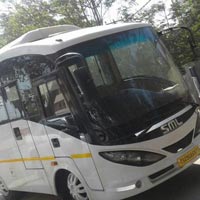 4D/3N
4D/3N
Hyderabad-Basar-Aurangabad-Shirdi-Ahmedn..
Shirdi - Ahmednagar - Hyderabad - Aurangabad - Basar
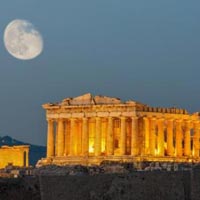 4D/3N
4D/3N
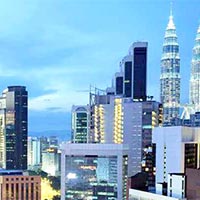 4D/3N
4D/3N
 4D/3N
4D/3N
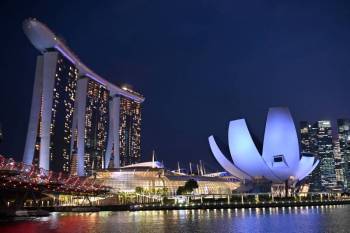 4D/3N
4D/3N
 4D/3N
4D/3N
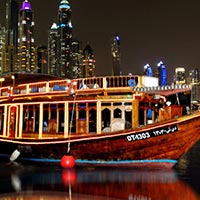 4D/3N
4D/3N
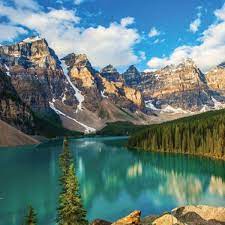 11D/10N
11D/10N
Himachal Pradesh Tour Package 10 Night -..
Dalhousie - Khajjiar - Kufri - Manali - Shimla - Dharamshala - Amritsar - Mcleodganj
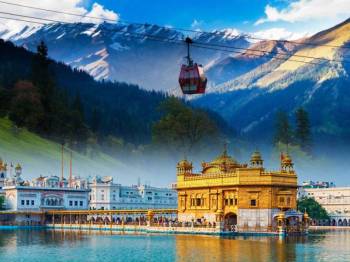 11D/10N
11D/10N
10Night Himachal Pradesh Tour Ex - Shimla
Dalhousie - Khajjiar - Kufri - Manali - Shimla - Dharamshala - Amritsar - Mcleodganj
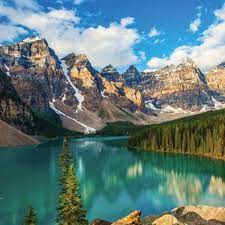 11D/10N
11D/10N
Himachal Pradesh Tour Package 10 Night -..
Dalhousie - Khajjiar - Kufri - Manali - Shimla - Dharamshala - Amritsar - Mcleodganj
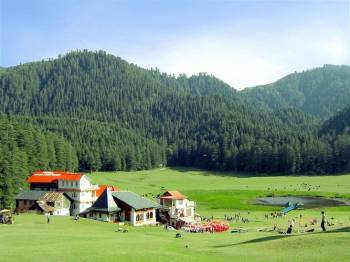 10D/9N
10D/9N
9 Night - 10 Days Himachal Pradesh Tour ..
Dalhousie - Khajjiar - Kufri - Kullu - Manali - Shimla - Dharamshala - Amritsar - M..
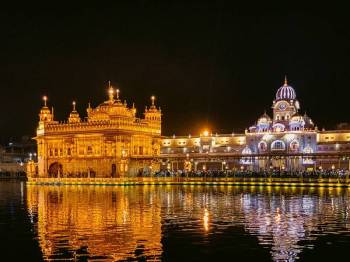 10D/9N
10D/9N
9 Night 10 Days Jammu And Kashmir With V..
Jammu - Katra - Patnitop - Srinagar - Amritsar - Pahalgam - Sonamarg - Gulmarg
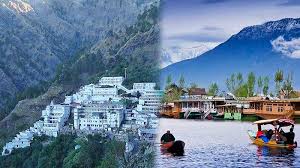 10D/9N
10D/9N
Jammu - Kashmir With Vaishno Devi-Amrits..
Jammu - Katra - Patnitop - Srinagar - Amritsar - Sonamarg - Gulmarg
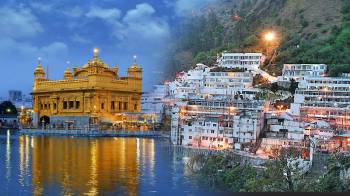 5D/4N
5D/4N
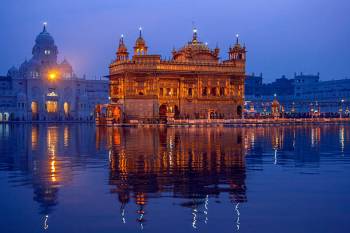 3D/2N
3D/2N
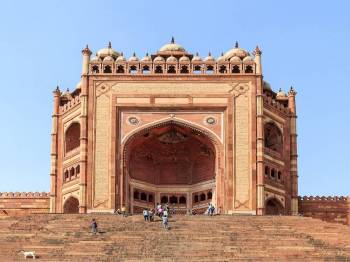 7D/6N
7D/6N
Amritsar Chandigarh Delhi Agra Family Pa..
New Delhi - Agra - Vrindavan - Mathura - Amritsar